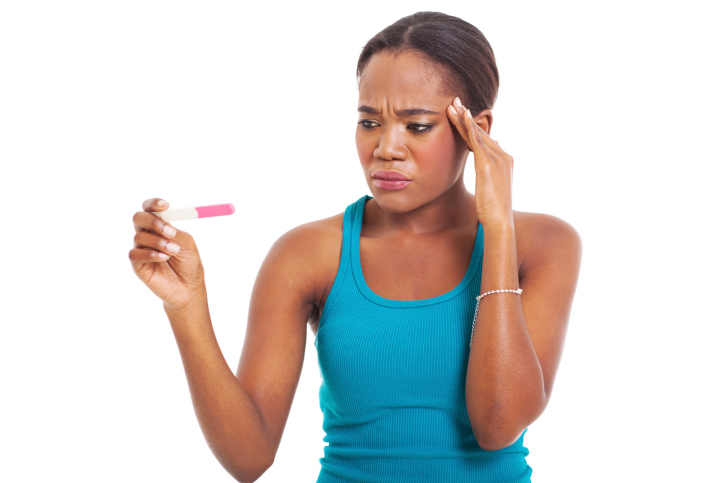
There’s so much excitement in preparing for a tiny bundle of joy! The moment you decide it's time to have a little one of your own, the first step in that process is getting off the pill. When you commit to the decision, it’s wise to be aware of what to expect once you come off the pill and how to do so successfully.
MUST READ: 8 Foods To Avoid When You're Pregnant
What to Expect
You might feel the urge to immediately stop taking your birth control. However, this isn't the best way to go about it. Doing this will, essentially, “shock” and throw off your body. The best way to do this is to finish your current pack of birth control and go through your normal cycle.
In some cases, re-establishing a regular ovulation cycle can take a few months. It will be difficult to calculate the exact return of the first cycle, so it is possible — though unusual — to become pregnant without ever having a regular period. Menstrual cycles usually return two to four weeks after a woman stops the pill.
After your cycle, don't begin a new pack of birth control. If you experience light bleeding when you're off your period, don't worry. This is considered normal. Your first period, after the pill, will arrive anytime within a few weeks to a couple of months.
Fertility After the Pill
Your fertility isn't affected by your once being on the pill. Whatever your fertility level was before you were on birth control, it will return to that level. There is a good chance of conceiving in the first month you're off the pill. However,...
... if that doesn't happen right away, don't get discouraged. If you have a history of having irregular menstrual cycles, this could make trying to get pregnant take a little bit longer. Regardless of having a history of irregular periods or not, you might still face an irregularity within your menstrual cycle for a while, as a symptom of coming off birth control pills.
You should also have a pre-conception check up for yourself and your partner. This will help both of you become aware of any health concerns and what each of you can expect in the future for your pregnancy. “Understanding patients' gynecological history and past pregnancy experiences can be very important in helping them plan healthy pregnancies," says John R. Sussman, M.D., associate professor in the department of obstetrics and gynecology at University of Connecticut School of Medicine.
MUST READ: Pregnancy After 40: What Are The Risks?
Increase Your Chances of Conceiving
There's no exact time to say when you’ll get pregnant. Some women will conceive immediately, while others will take a few months to conceive. Your chances of getting pregnant sooner will increase if you have intercourse at the same time you’re ovulating. According to AmericanPregnancy.org, “By paying close attention to how your body responds to increasing estrogen in the first couple weeks of your menstrual cycle, you can begin to predict ovulation. For example, many women know ovulation is just around the corner when they see an increase in production of fertile-quality cervical mucus”.
While trying to conceive cut down on any drinking of alcoholic beverages or sodas, begin a healthy exercise and diet regimen and start taking pre-natal vitamins as well. This will help prepare you and your body for carrying your baby and having a healthy pregnancy.
For more great articles, read more here and share!









